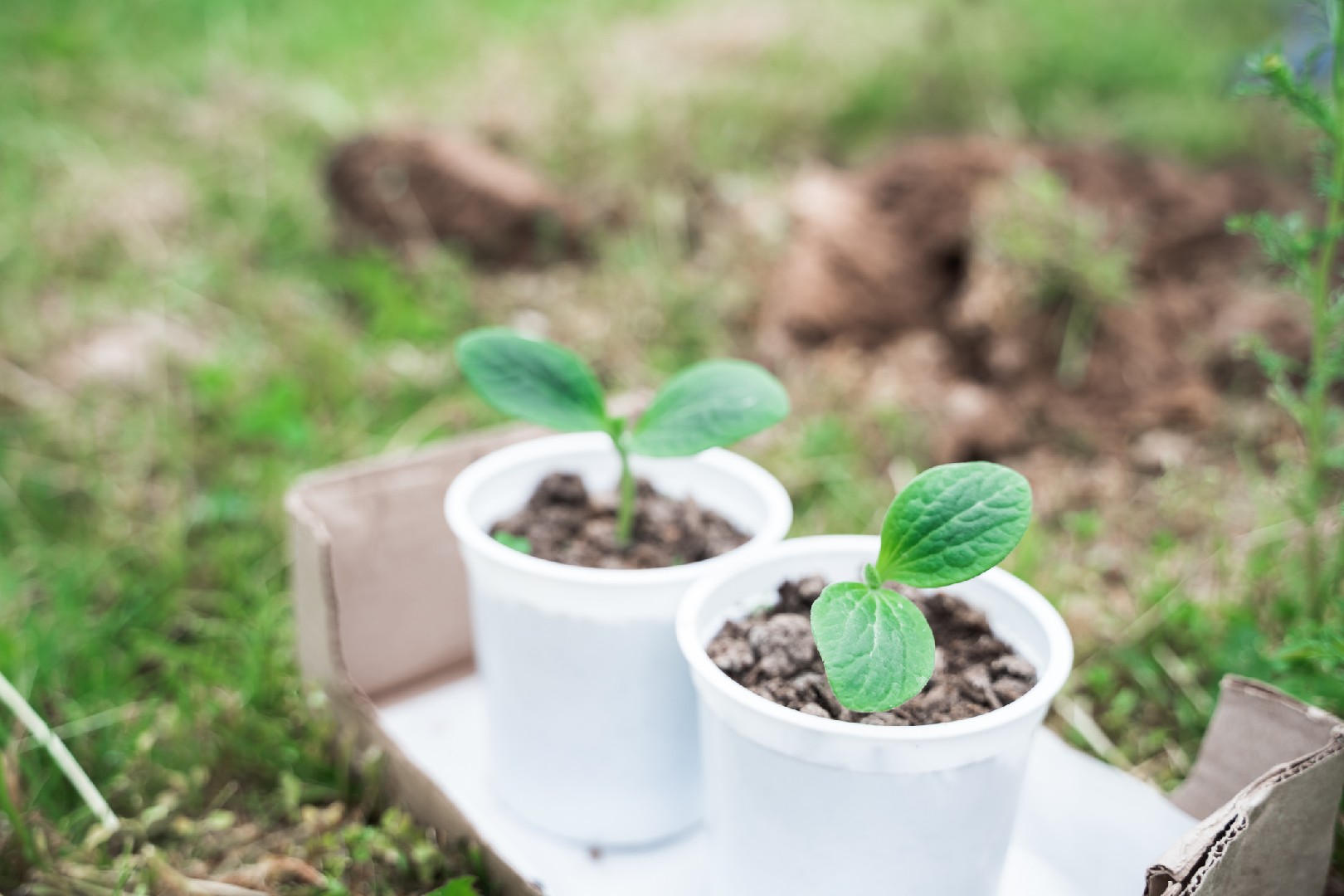![Rectangle]()
Understanding Organic Edibles
When it comes to gardening, there is a growing movement towards more sustainable and eco-friendly practices. One such practice is organic gardening, which involves cultivating plants without the use of synthetic chemicals or genetically modified organisms (GMOs). Organic edibles, in particular, are gaining popularity as people become more conscious of the impact of pesticides and other chemicals on their health and the environment.
Organic produce refers to fruits, vegetables, and other edible plants that have been grown and harvested in accordance with organic standards. These standards prohibit the use of synthetic fertilizers, pesticides, herbicides, and GMOs. On the other hand, non-organic produce is typically grown using chemical fertilizers and pesticides to increase yields and protect against pests and diseases.
The importance of using organic planting methods for edible crops cannot be overstated. By growing organic edibles, you can ensure that your food is free from harmful chemical residues. Additionally, organic gardening promotes biodiversity, improves soil health, and reduces pollution. Organic planting methods also focus on using natural fertilizers, such as compost and manure, to enrich the soil and provide essential nutrients to the plants.
Now let's dive into a discussion of diverse organic edible plants that you can grow in your garden. From vibrant tomatoes and leafy greens to aromatic herbs and sweet berries, there is a wide variety of organic edibles to choose from. Each plant has its own unique requirements in terms of soil, sunlight, and water, so it's important to do your research before planting.
Tomatoes, for example, thrive in well-drained soil and full sunlight. They require regular watering and benefit from the support of stakes or cages as they grow. Leafy greens like lettuce and spinach prefer partial shade and moist soil. They can be harvested multiple times, allowing for a continuous supply of fresh greens. Herbs like basil, rosemary, and mint are versatile and can be grown in containers or the ground. They add flavor and aroma to your dishes and can be harvested as needed.
Other organic edible plants worth considering include strawberries, blueberries, and raspberries, which thrive in well-drained and acidic soil. These berries not only taste delicious but are also packed with antioxidants and other beneficial nutrients.
In conclusion, understanding organic edibles is essential for anyone interested in chemical-free gardening. By choosing organic produce and using organic planting methods, you can enjoy healthy and delicious fruits, vegetables, and herbs while also protecting the environment. Whether you have a large garden or a small balcony, there are plenty of organic edibles that you can grow. So why not embark on this inspiring journey and experience the joy of harvesting your own organic food?





